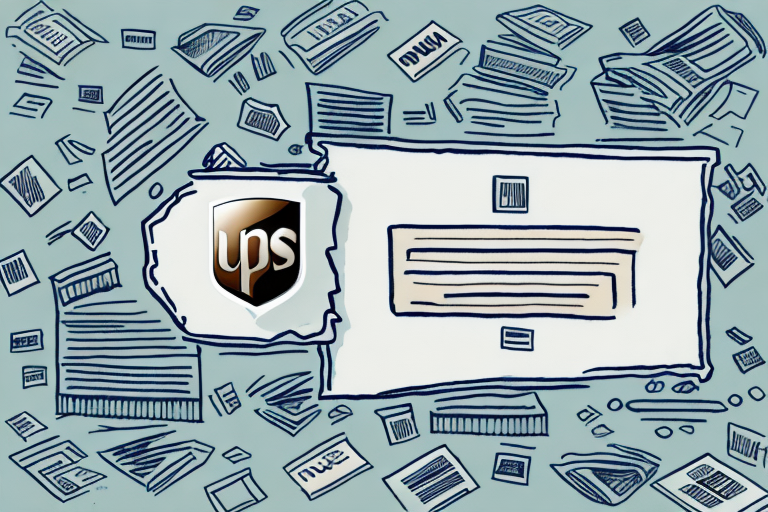Understanding Grievance Fees in the Workplace
Grievance fees have become a prevalent aspect of modern workplaces. While they might be unwelcome by employees, they serve a practical role in providing mechanisms for resolving disputes efficiently and effectively. This article delves into the nature of grievance fees, their purpose, and strategies to avoid incurring them.
What Are Grievance Fees?
Grievance fees are monetary charges imposed on employees who file formal complaints or grievances against their employers. These fees cover the costs associated with investigating or administrating the grievance process. By implementing grievance fees, organizations aim to discourage frivolous claims, promote constructive communication, and foster a culture of effective dispute resolution.
Why Do Grievance Fees Exist?
Organizations use grievance fees to ensure that only legitimate complaints are filed, thus maintaining workplace harmony and reducing administrative burdens. However, the imposition of these fees can be controversial, as they may deter employees from voicing valid concerns due to the potential financial burden.
Common Reasons for Incurring Grievance Fees
Employees may face grievance fees for various reasons, including:
- Filing complaints without adhering to established procedures
- Submitting grievances deemed frivolous or lacking merit
- Initiating complaints after the statute of limitations has expired
- Providing false or misleading information in a grievance
Understanding the proper procedures for filing grievances, such as adhering to specific timelines and ensuring the accuracy of the information provided, is crucial to avoiding unnecessary fees.
Responding to Grievance Fee Notices
If you receive a notice indicating that you have been charged a grievance fee, consider the following steps:
- Review the Notice: Carefully examine the details provided by your employer regarding the fee.
- Assess Justification: Determine if the fee is justified based on the nature of your complaint.
- Negotiate or Challenge: Decide whether to negotiate the fee or formally challenge it.
- Seek Legal Advice: Consult with a labor law attorney to understand your rights and options.
Documentation of all related communications can support your case if you choose to contest the fee.
Preventing and Avoiding Grievance Fees
Proactive measures can significantly reduce the likelihood of incurring grievance fees:
- Stay Informed: Familiarize yourself with your workplace’s policies and procedures for filing grievances.
- Understand Your Rights: Educate yourself on relevant employment laws, including those related to discrimination and labor standards. Resources such as the Equal Employment Opportunity Commission (EEOC) provide valuable information.
- Maintain Documentation: Keep detailed records of any incidents or issues that may lead to a grievance, including emails, meeting notes, and correspondence.
- Engage in Open Communication: Foster a collaborative environment by encouraging constructive feedback and transparent dialogue with your employer.
Alternatives to Formal Grievances
Exploring alternative dispute resolution methods can often circumvent the need for formal grievances and the associated fees:
- Mediation: Involves a neutral third party to facilitate a mutually agreeable solution.
- Arbitration: A binding process where an arbitrator makes a decision after hearing both sides.
- Informal Resolution: Direct negotiation between the employee and employer to address and resolve issues.
These alternatives can be more cost-effective and time-efficient compared to traditional grievance procedures.
Legal Considerations and Representation
When facing grievance fees or disputes, understanding the legal landscape is essential:
Understanding Your Legal Rights
Employees are protected under various laws that regulate workplace practices. For instance, the National Labor Relations Board (NLRB) oversees rights related to collective bargaining and unfair labor practices.
Role of Legal Representation
Consulting with an employment law attorney can provide clarity and guidance. Legal professionals can assist in:
- Assessing the legitimacy of the grievance fee
- Navigating the complaint process
- Advocating on your behalf in negotiations or legal proceedings
Best Practices for Employers and Employees
Fostering a fair and transparent workplace involves implementing best practices that benefit both employers and employees:
For Employers
- Develop clear and comprehensive grievance policies
- Train supervisors and HR personnel in effective dispute resolution
- Promote a culture of open communication and accountability
For Employees
- Adhere to established grievance procedures
- Provide accurate and truthful information when filing complaints
- Engage in constructive dialogue to resolve issues amicably
Conclusion
Grievance fees play a significant role in modern workplaces by providing a structured approach to dispute resolution. While they aim to maintain workplace harmony and deter baseless complaints, it is essential for both employers and employees to understand their rights and responsibilities to ensure that grievance fees are applied fairly and justly. By staying informed, maintaining open communication, and utilizing alternative dispute resolution methods, the negative impacts of grievance fees can be minimized, fostering a more positive and productive work environment.




















